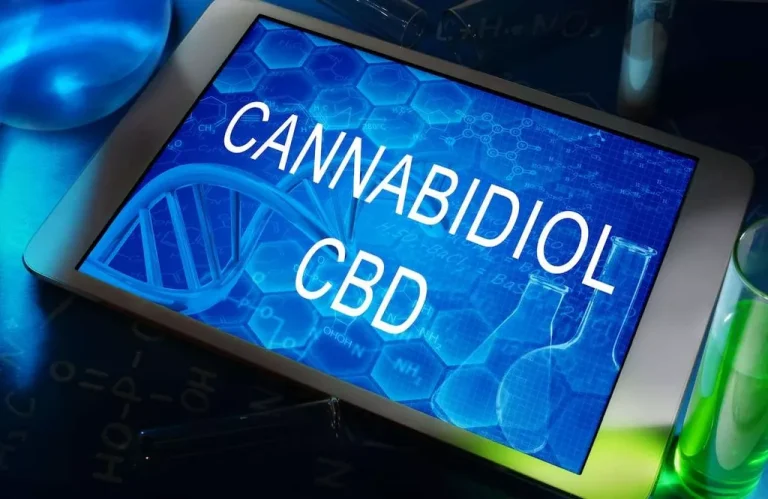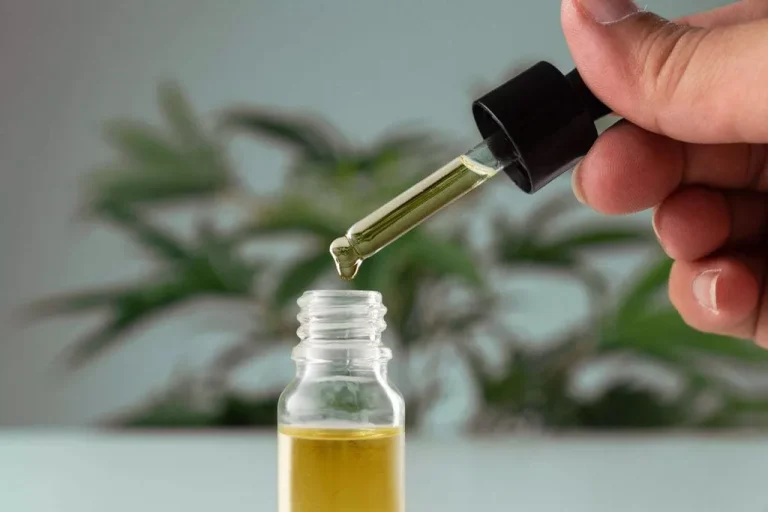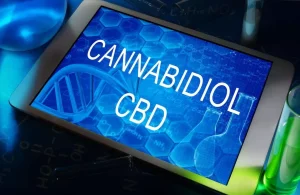
Research shows that there are differences in how men and women process alcohol. Abed says the people that one surrounds themselves with also plays an important role in minimizing the risk of substance misuse. Harmful alcohol use not only leads to addiction, but it can put people at a higher risk of over 200 disorders like tuberculosis and pneumonia. Alcohol suppresses the production of certain neurotransmitters (chemicals that carry messages between nerve cells). Similarly, there are physiological changes as a result of long-term alcohol abuse. Long-term alcohol misuse can weaken your immune system, making you more vulnerable to serious infections.
Binge drinking

You also might face blood clotting issues, which means that if you are injured, your body might not be able to stop the bleeding, or you might develop blood clots in veins or arteries, blocking blood flow. Cirrhosis of the liver can also increase the risk of developing deadly bacterial infections, liver cancer, gallstones, and liver failure. This is often made worse by the fact that the heart’s structure changes with long-term alcohol use. The excitatory and inhibitory pathways in the brain control the central nervous system and heart.
As Blood Alcohol Concentration Increases—So Do the Risks
It can also weaken your bones, placing you at greater risk of fracturing or breaking them. This amount of alcohol will begin to reach toxic (poisonous) levels. Your body attempts to quickly pass out the alcohol in your urine. This will leave you feeling badly dehydrated in the morning, which may cause a severe headache. Alcohol is a powerful chemical that can have a wide range of adverse effects on almost every part of your body, including your brain, bones and heart. These opioid-related deaths have skyrocketed because of Fentanyl – which now contaminates almost every substance, but still killed fewer individuals last year than alcohol-related deaths.

Alcohol poisoning
Sadly, even one night of heavy drinking can produce terrible consequences. Alcohol poisoning is a life-threatening condition that can be caused by drinking large amounts of alcohol in a relatively short period of time. While most people aren’t going to ask themselves “can you die from drinking? ” before they have another beer, it is important to know both the short-term and long-term risks of binge drinking, excessive drinking, and alcohol addiction. For women, binge drinking is defined as consuming four or heroin addiction more drinks in the span of 2 hours.
Critical Signs and Symptoms of an Alcohol Overdose

If you’re with someone who might have drunk too much, call 911 right away. If you or your friend are under the legal drinking age, you might be worried about the legal consequences. But alcohol poisoning is so serious, that not calling 911 could result in death. In any case, it’s unlikely that the paramedics or hospital team will call the police. Most states have Good Samaritan laws, which allow people to call 911 without fear of arrest if they’re having a drug or alcohol overdose or see someone else who is overdosing. In the first stage, people begin to experiment with drinking larger amounts of alcohol.
Health News
If you drink heavily or notice signs of liver damage or other health issues that may be related to drinking too much alcohol, talk to your doctor about it. If necessary, they can refer you to a rehabilitation center to get the drinking under control. Drinking too much alcohol makes you more likely to cause accidental violent deaths. 40% of violent crimes like assault, homicide, and domestic abuse were committed by people who had high BAC at the time of their arrest. Moreover, people who drink too much are more likely to attempt suicide. About 30% of people who commit suicide drink alcohol right before.

Risk factors
- Levels of alcohol in the blood can continue rising for 30 to 40 minutes after the last drink, and symptoms can worsen.
- Having a glass of wine with dinner or a beer at a party here and there isn’t going to destroy your gut.
- About 30% of people who commit suicide drink alcohol right before.
With each alcohol withdrawal episode, the brain and nervous system becomes more sensitised and the resulting side effects become more pronounced. Alcohol has a suppressing effect on the brain and central nervous system. Research has shown that when alcohol is removed from the body, it activates brain and nerve cells, resulting in excessive excitability (hyperexcitability). After drinking 8 to 9 units of alcohol, your reaction times will be much slower, your speech will begin to slur and your vision will begin to lose focus.
- The material is not a substitute for qualified medical diagnoses, treatment, or advice.
- There’s a powerful story behind every headline at Ohio State Health & Discovery.
- Once alcohol is removed, the huge levels of neurotransmitters that are present can overstimulate organs, including the heart.
- The liver is also responsible for detoxifying your body from chemicals and drugs in addition to making proteins that impact blood clotting.
- Poisoning happens when you drink too much ethyl alcohol in a short space of time.
Alcohol Poisoning Myths
Worldwide there have been only minor changes in preferences of alcoholic beverages since 2010. The largest changes took place in Europe, where consumption of spirits decreased by 3% whereas that of wine and beer increased. For a man, binge drinking is when you have five or more drinks in less than 2 hours. For a woman, it’s four or more drinks in the same time frame. Teens and college-age adults are most likely to engage in binge drinking. Even drinking a little too much (binge drinking) on occasion can set off a chain reaction that affects your well-being.
I don’t drink every day,” we hear people say, even during treatment for alcohol use disorder. Other drug use can also lead to mental and physical health problems. Opioids are highly addictive and are the leading cause of overdose deaths. Opioids can lead to confusion, nausea, constipation, coma and brain damage. Cannabis (marijuana) can impact mental health and brain health. Over half of alcohol-related deaths are because how does alcohol kill people of health effects from drinking too much over time.






